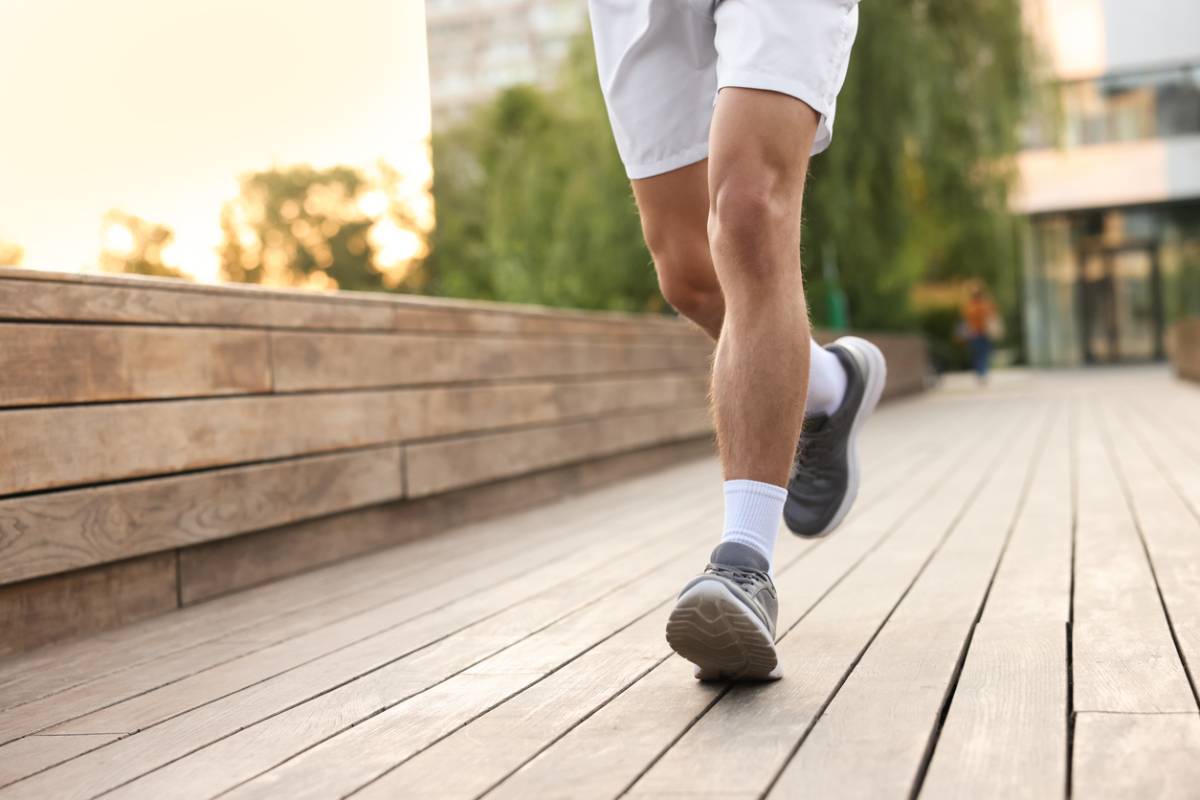Running is a healthy and enjoyable way to exercise and maintain good health. But it does come with some problems. Whether you are a seasoned marathoner or just someone who enjoys an early morning jog, your feet do the most work when you run. They absorb the shock. They carry your weight, and they propel you forward with every stride. As you may already know, your feet are prone to blisters, calluses, injuries, and other forms of wear and tear. Just like the rest of your body, your feet need some tender loving care. And taking good care of them is not just about comfort. It is about performance and long-term health. Aside from seeking help from a podiatry specialist, here are some ways runners can protect their feet and keep them in top shape.
How Runners Can Protect Their Feet
Choose the Right Running Shoes
Choosing the right running shoes is the first and most important step to healthy feet. Remember, shoes are not one-size-fits-all. The best shoes for you depend on your foot type, gait, and the surfaces on which you run.
Visit a specialty running store where they can analyze your stride to help you improve. This will help them recommend shoes that offer proper arch support and cushioning. Your shoes should fit snugly but not tightly. There should be enough room in the toe box to prevent rubbing and pressure on your toenails. Additionally, they should be replaced every 300 to 500 miles or when you notice reduced cushioning or uneven wear on the soles.
Wear Socks
People often overlook this simple piece of protection. The fact is, they play a significant role in maintaining your foot health. Avoid cotton socks. They trap moisture and increase the risk of blisters. Instead, choose moisture-wicking synthetic or merino wool socks that help keep your feet dry and comfortable.
Seamless socks or those specifically designed for runners reduce friction and provide extra padding in high-impact areas, such as the heel and ball of the foot.
Keep Feet Clean and Dry
Do everything to keep your feet dry. Sweaty feet create an environment that allows fungus and bacteria to thrive. Wash your feet daily with mild soap and dry them thoroughly, especially between the toes. If your feet tend to sweat heavily, apply foot powder or an anti-fungal spray to your feet.
Let your feet breathe after a run by taking off your shoes and socks as soon as possible. If you run daily, consider alternating two pairs of shoes to give each pair time to fully dry out between runs.
Trim Your Toenails Properly
The length of your toenails can determine the comfort of your feet. If your toenails are long or improperly cut, they may lead to bruising, ingrown nails, or even infections, especially during long runs. Your toenails should be trimmed straight across, and not too short. File the edges of your toenails to make them smooth and prevent them from catching on your socks or shoes.
Recurring pain, discoloration, or swelling around your toenails should never be ignored. If you notice any of these, seek professional care from a podiatrist immediately.
Protect Against Blisters
Blisters are one of the most common problems runners have. However, you can prevent them by wearing shoes that fit well and making sure your socks are smooth and dry. You may also apply a thin layer of petroleum jelly or an anti-chaffing balm on your heels, toes, and the sides of your feet.
Do not pop your blister if you have one. Protect it with a bandage or blister patch while it heals. Clean the area with mild soap and water, and apply antibiotic ointment if the blister bursts on its own.
Strengthen the Stretch of Your Feet
Foot strengthening and stretching exercises can help make your feet stronger and more flexible. Toe curls, heel raises, and rolling a tennis ball under the arch of your feet can improve muscle balance and prevent strain. Maintain good foot alignment by stretching your calves and Achilles tendon after every run. This will help reduce the risk of plantar fasciitis, which is a common source of pain for runners.
Do Not Ignore What Your Feet Are Telling You
When your feet are painful, they are trying to tell you that there is something wrong. If you feel numbness, soreness, or swelling, give your feet time to rest and recover. Ignoring pain can lead to more serious injuries.
Seek Professional Help
Foot health is essential for runners. Taking the time and making an effort to care for them not only helps you prevent discomfort and injury but also enhances your performance and endurance. A sports podiatrist can help you care for your feet and address issues before they become full-blown problems. Schedule a consultation with us today and let us help you give your feet the care and attention they deserve.


